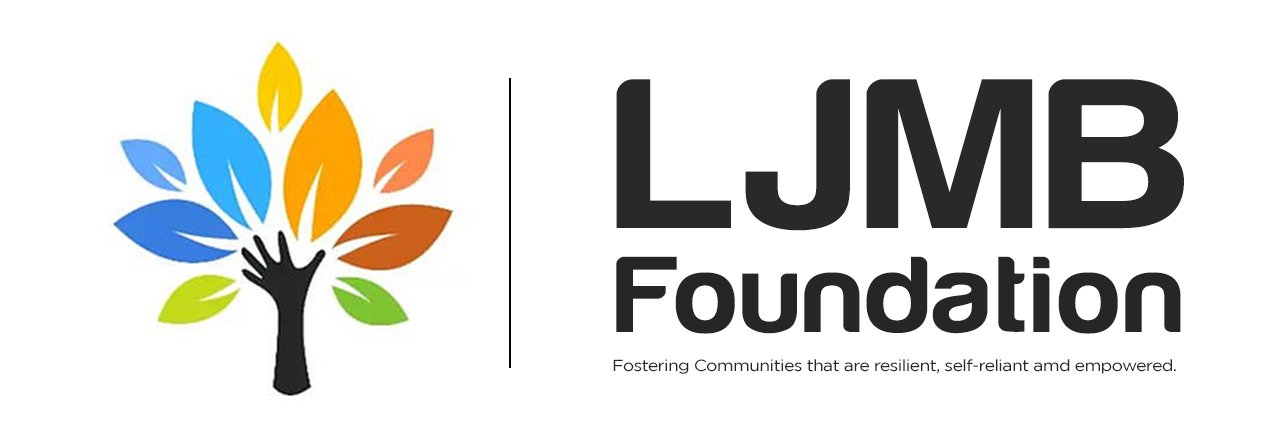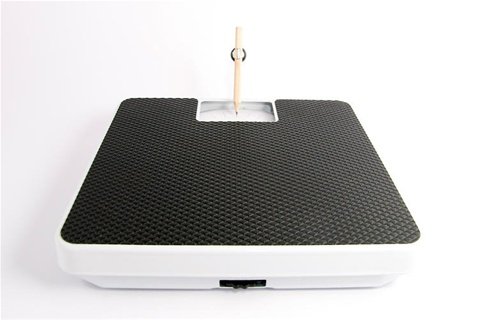2 or 3 days ago as I browsed the web I came across an article that promoted walking and its benefits. The notion of rewarding people for taking steps is what caught my attention most. It made me think a lot about Malawi and how we perceive walking. In a way, it inspired me to write this article.
Over the past years, I have observed that every time I visit my country, there are more cars on the streets, houses being built, shopping malls and a growing number of overweight/obese people. As ironic as this might sound considering that Malawi is mainly in the headlines worldwide because of hunger problems or stunted children, there is a proportion of the nation that is overweight/obese and it is growing. The statistics below confirms my observation.
7% and 8.9% of the female population aged 18 and above was considered as overweight/obese in the year 2010 and 2014 respectively. On the other hand, only 1.4% and 1.6% of the male population aged 18 and above was considered as overweight/obese in 2010 and 2014 respectively (World Bank 2015).
Though this figure is not as alarming as it is in other countries it is still an issue worthy talking about. People who are overweight/obese have a higher chance of getting chronic illnesses like diabetes and cardiovascular diseases which requires long term medical care. With our limited resources – medical staff and drugs – having an increase in diabetic patients and other chronic illnesses puts a strain on our health care system (Armstrong cited by Bryson 2010). Hence the reason for writing this article. The number of overweight/obese Malawians might be minimal but if left unchecked the impact on our health care system will be high.
Many factors might be contributing to the increase in the number of overweight/obese people in Malawi but personally I think that our mentality is the main culprit.
…our mentality…
The bigger the better. This is the phrase that I heard most as I was growing up amongst friends, relatives, neighbours, at the market, workplace and on the street. As a nation we are obsessed with everything that is big whether it is a house, car or body. The bigger house you have, it means that you are well off (rich). Same goes for weight, the more weight you have, it is a sign that you eat well. It's more of a status thing. And even beauty is sometimes linked to weight. Bigger women are considered as more attractive. I don't know if this is why there are more overweight/obese women compared to men. Though a big house might be a sign of wealth, more weight is a warning sign to a person's health. It is something that we should not aspire to. We need to stop associating wealth/peace of mind with more weight.
Note that am not advocating for a specific body weight. We are all different. Some people will always be small while others will always be big and there is nothing that can be done. Myself for example, am on the bigger side. But I am more for having the right body weight that is not a hazard to oneself.
This article is therefore mainly for those whose weight fluctuates with their lifestyle since the main culprits for weight gain are inactivity and bad eating habits. These are the areas that needs to be tackled if we would like to have a healthy nation.
…food….
Most people especially the middle class are frequently eating out. There are more and more fast food outlets in Lilongwe. Pizzas, burgers, fried chicken and chips are now the norm. In contrast to the western countries where fast food is cheap, in Malawi it is a sign that someone is loaded – has money.
Since the majority of the urban population spends most of its time at workplaces, the easiness of getting food at a convenient time is one more reason why this trend of eating out is increasing.
At home, more and more processed food (bacon, cereals, sausages) is being introduced on our tables. We prefer to buy products from the big supermarkets than from our local butchery or market where we can find most probably fresh and organic products.
…inactivity…
In the urban areas, most people spend their time on a desk. We go to work either by car or public transport. That is the mode of transport to school for kids too.
No one walks any more if they don't have to. Walking to any other destination where you can go by either a car or public transport is regarded as lack of money – “maluzi”. We do not consider walking as a choice but as a chore and label of poverty. Hence the tendencies by the majority to use vehicles. In a way, this makes us a bit vain.
…solutions…
In order to decrease the number of overweight/obese people, we need to change our mentality and lifestyle.
We are living in an age where everything is simplified by technology and modes of transportation. We do not have to live as if we are are in the stone age but we can try to enjoy the benefits of this age while taking care of ourselves.
We need to have good eating habits. Eat more healthy food than junk food. We are lucky in Malawi that it still cost a bit less to buy food products at the local market than from a supermarket or eating out. But I have to admit that when it comes to snacking, the groceries are offering cheaper options (cookies, candies) than buying a fruit at the local market.
For those who prefer eating out, they should start thinking of ordering a healthy meal whenever possible. Decrease intake of fizzy and sugary drinks.
Though for me, home cooked food is still the best. You are in charge of the ingredients that you put in. Care should be taken therefore in ensuring that we are cooking healthy meals by using healthy ingredients and avoiding deep frying everything or overcooking.
Our traditional meals should not be avoided completely but where necessary should be given a tweak to make them healthier. Instead of eating nsima made from white flour (without the husks) we can use the whole-grain flour (m'gaiwa). It is tastier, has more nutrients and cheaper (less labour, time and money in producing it). I love nsima ya m'gaiwa.
It is OK to have porridge in the morning for breakfast or cassava and sweet potatoes. I know that it is possible to have soy porridge (very nutritious) and that peanut butter or groundnut flour (nsinjiro) can be added to m'gaiwa or rice porridge. Why not try it.
We do not have to constantly fry our vegetables just because we can afford it. Using nsinjiro might be a better option in preparing a healthy meal. Nsinjiro should not be regarded as belonging to the village.
Spending 8 hours a day in front of a desk and traveling to and from work by car is not doing us any good. We need to incorporate exercises in our lifestyles.
Exercising should not be considered as expensive. There are numerous ways of doing it without spending a penny.
Home exercises are good for some of us who do not like gyms or do not have money to pay for the gym.
Another option would be to ditch the car/minibus when going to work and walk/cycle instead. Not only will it save us some coins but our body and the environment will appreciate it too. We spend a lot of money on minibuses going to and from work every month.
For those who can afford it, go to the gym to exercise. I have noticed that a good number of people are frequenting gyms though am not sure if most of them go to the gym to exercise or as a status symbol.
The tendencies of labeling everything that is cheap as belonging to the poor should be stopped. That is what is killing our nation. What is the point of eating junk food to show off my status if at the end of the day I will increase my waistline which will make me prone to diabetes or high blood pressure? Why should I catch a minibus every day to work when it can take me only 15 minutes walking to reach my workplace?
Let's change our mentality on how we look at life. Let's eat properly and keep on moving. Our bodies will be grateful and so will our health care system.
To a healthy nation….

